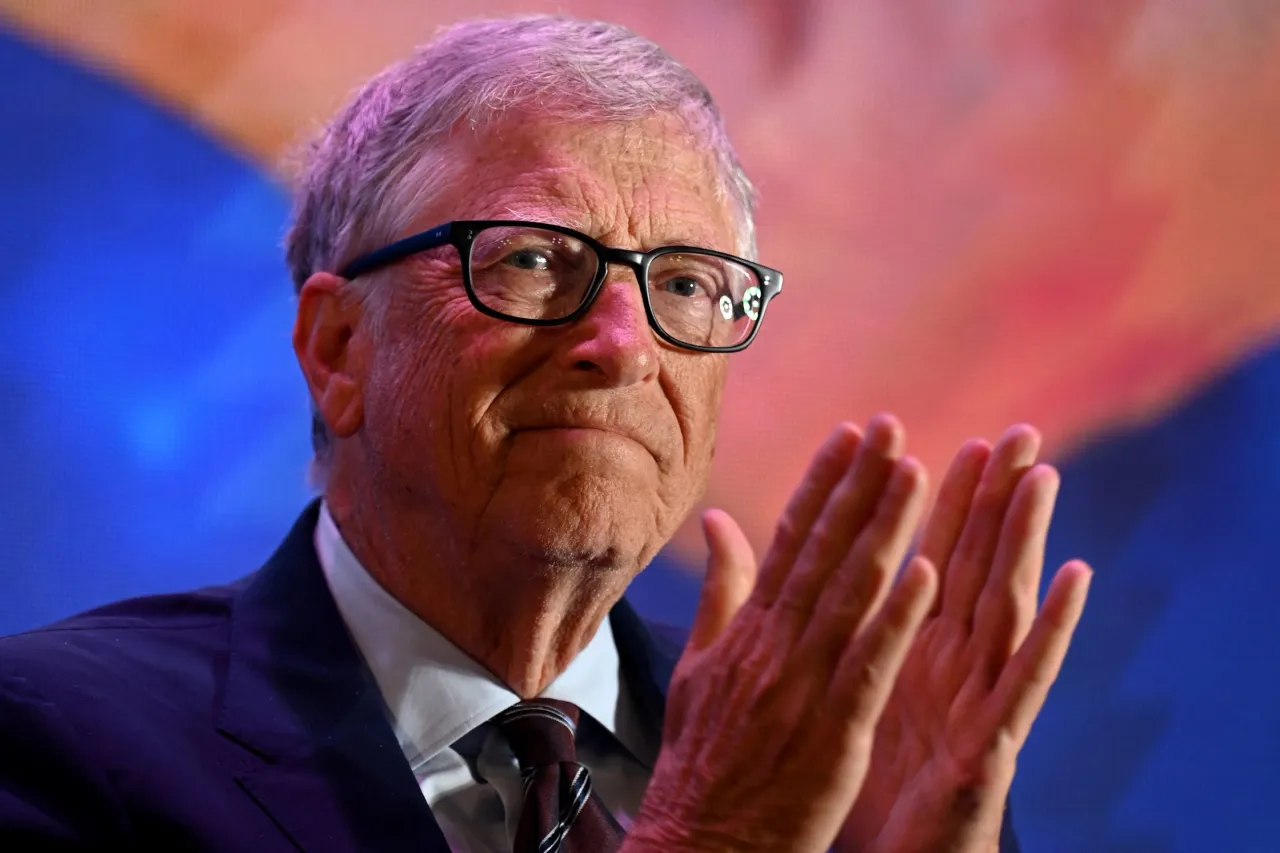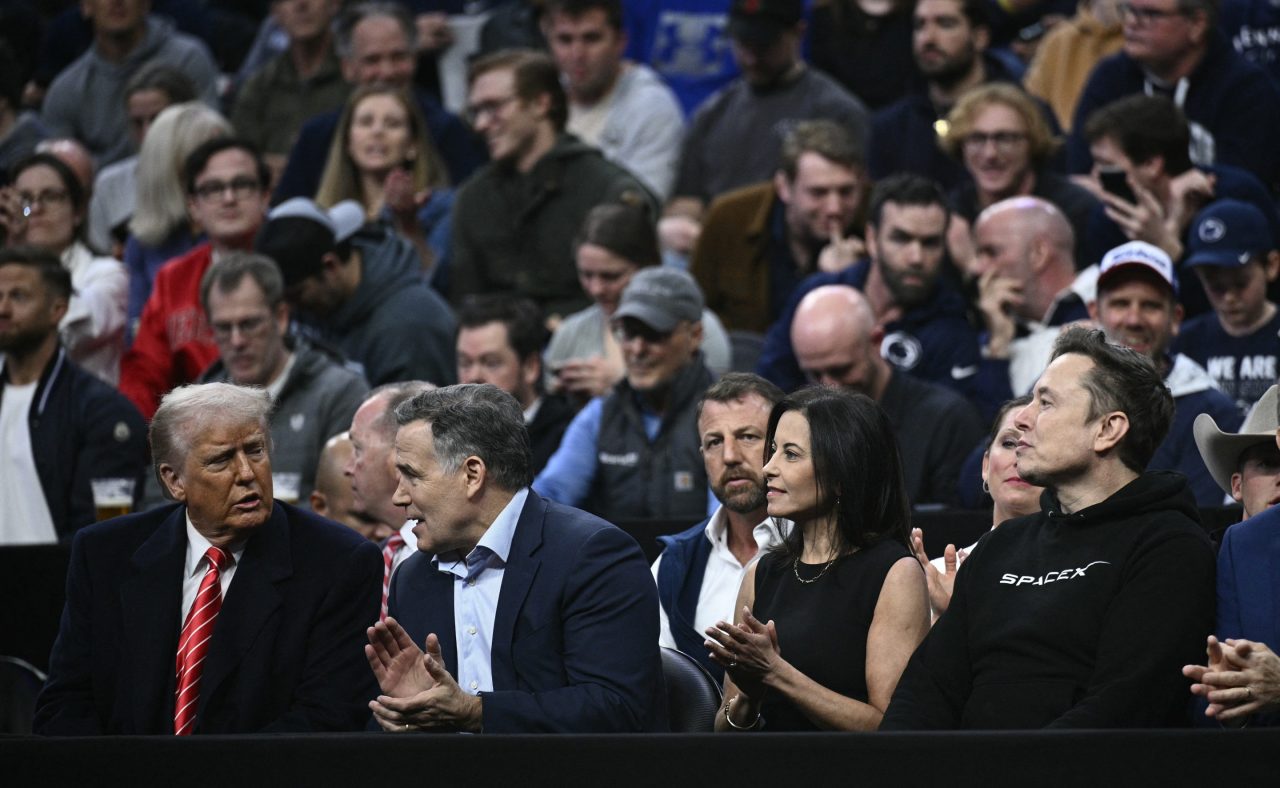The United States Postal Service (USPS) has halted the acceptance of parcels from mainland China and Hong Kong until further notice, a move closely linked to new trade measures announced by former President Donald Trump. The decision follows a significant policy shift that closes a longstanding loophole allowing small packages worth $800 (£641) or less to enter the U.S. without paying taxes or fees.
For years, Chinese e-commerce giants like Shein and Temu have leveraged this exemption to ship low-cost goods to American consumers duty-free. Similar regulations exist in the European Union and the UK, enabling these companies to expand rapidly across global markets. However, critics argue that the policy has given Chinese retailers an unfair competitive edge over domestic businesses, leading to mounting scrutiny.
According to a 2023 report by the U.S. Congress, nearly half of all parcels entering the country under the de minimis exemption originated from China. Officials have raised concerns that the sheer volume of these shipments makes it increasingly difficult to screen them for counterfeit, hazardous, or illegal goods.
While the USPS confirmed that letters will not be affected by the suspension, it declined to provide a specific reason for the halt in parcel deliveries. The timing of the move suggests a direct link to Trump’s recent tariff announcement, but no official statement has been made to confirm this.
The European Union is also taking steps to tighten customs checks on low-value imports from China. On Wednesday, the EU announced that e-commerce platforms Temu and Shein would be held liable for selling unsafe and dangerous products. Additionally, a joint investigation by the Consumer Protection Cooperation (CPC) Network is underway to determine whether Shein has violated EU consumer protection laws.
EU tech chief Henna Virkkunen emphasized the importance of a competitive and responsible e-commerce sector, stating: “We want to see a marketplace that keeps consumers safe, offers convenient products, and respects environmental standards.”
Unsurprisingly, China has responded with countermeasures. In retaliation, Beijing announced plans to impose its own tariffs on U.S. goods and has placed PVH Corp., the parent company of Calvin Klein and Tommy Hilfiger, on its “unreliable entity” list. The move is seen as a direct response to what China perceives as discriminatory actions against its enterprises.
Trump, who had been expected to speak with Chinese President Xi Jinping, stated on Tuesday that he was in “no rush” to hold talks, further escalating tensions between the two economic powerhouses.
Many Western retailers have long criticized the de minimis exemption, arguing that it has allowed Chinese firms to flood the market with ultra-cheap goods while avoiding import duties. Nick Stowe, CEO of Monsoon & Accessorize, voiced his support for the regulatory changes, stating: “Shein and others have exploited this loophole to build their businesses at an industrial scale, undercutting retailers in the U.S., UK, and Europe.”
With the USPS halting China parcel deliveries and the U.S. and EU tightening trade restrictions, consumers and businesses alike are bracing for the impact. While some shoppers may see delays or price increases, domestic retailers may finally get the level playing field they’ve been demanding for years.
Are you in the U.S. and concerned about your deliveries from China? Share your experience with us.




